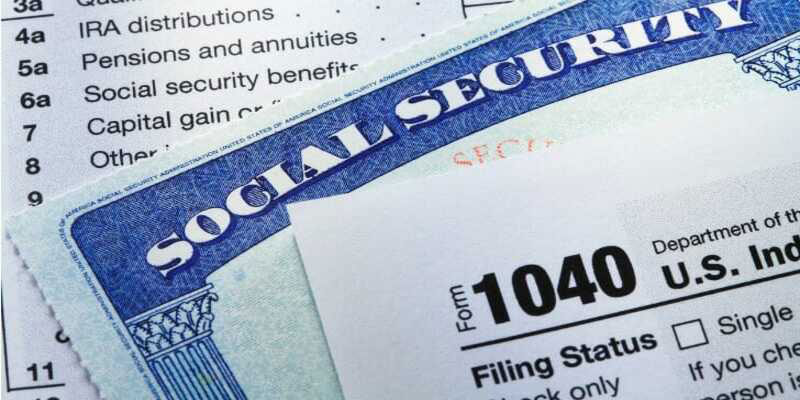The trade date is known as the month, day, and year of a trade's execution. It records the timestamps of orders to buy, sell, or otherwise deal in all market transactions involving investment securities.
A trading date is the specific trade date in the calendar when a given order is filled. The next business day may be the trade date if a transaction is finalised outside regular trading hours. The title to the securities is officially transferred from the seller to the buyer
on the settlement date.
The time between the trade and settlement dates varies from security to security.
Learn How to Trade: Deciding on a Trade Date

Typically, transactions are documented with the trade date, the day they took place, and the day the market was open. For transactions that take place outside of regular market hours, a unique method of trade reporting may be used. A trade is made after the market closes; it is usually given a trade date the following business day.
Any financial instrument, such as a bond, stock, foreign exchange instrument, commodity, or future, might have a transaction date associated with its purchase, sale, or transfer. The trade date of a transaction is based on the actual time the trade was made.
Differentiating the Trade Date from the Settlement Date

One of the two most important dates in any given transaction is the trading date. The transaction is documented and officially started on the trade date. In the end, the trade is settled on the settlement date, which comes after the trade dates but before the trading date.
When the settlement date arrives, ownership of the securities is officially transferred. Typically, the number of days between the trade and settlement dates is denoted. The settlement period refers to the time that passes between the trade date and the settlement date, and it varies from one trading instrument to another.
Although the trade date is when the contract is executed, the settlement date is when the actual legal ownership is transferred.
Settlement dates and trade dates coincide for some financial assets like certificates of deposit (CDs). Settlement for mutual funds typically occurs one business day after the trade date. T+2 settlement was mandated by the Securities and Exchange Commission (SEC) for most securities in 2017. Stocks, bonds, municipal securities, ETFs, some mutual funds, and limited partnerships that trade on an exchange all fall within the T+2 settlement time frame.
There are just two common causes of failed settlements. The first type of failure is known as a long fail and occurs when a buyer does not have enough money in their account on the trading date to pay for the shares they have just purchased. This is a short fail when the seller does not have the agreed-upon securities accessible on the settlement date.
A Sample Trading Date
Here's a sample trade date to help you visualise the process and the trade date. On August 2, 2022, during regular market hours, an investor purchases ten shares of stock through their brokerage's trading site. A trading date of August 2, 2022, is noted in the trade records after initiating the investor's purchase. This trade would settle on Thursday, August 4, 2022, since the standard settlement cycle is two days after the trade date.
The United States Securities and Exchange Commission recommended cutting the settlement period for most broker-dealer transactions from two days to one day in February 2022. If the amendment is approved, an implementation must be completed by March 31, 2024. If this proposal were to become law, the trade described above would be finalised on August 3, 2022.
When Do Trades Take Place, and When Does the Money Change Hands?
The date on which a trade is conducted, or the day a trading decision is made and carried out, is known as the trade date. In the context of trading, the trade date would be the day on which an investor purchased stock. As of the settlement date, ownership of the shares has been transferred from the seller to the buyer.
When do I make payment, the Trade Date or the Settlement Date?
The acquisition of shares, like any other financial order, requires full payment on the trade date. The settlement date is the date on which legal title to the shares is passed to you; however, you will not be required to make payment for the shares until a later date.
In other words, how soon after purchasing a stock do I have the option to sell it?
In theory, you can sell a stock right after you buy it. However, there may be restrictions imposed by the exchange. Depending on your account type, you may be restricted from making daily sales or spending a certain amount of money. Make sure you know the ins and outs of your account and the exchange you're using before you start making trades.

Best Reasons to Choose a Real Estate Agent Over

How to Calculate Interest on a Loan

How Do Private Party Auto Loans Work?

Tax Traps To Avoid

What Is the Highest Social Security Benefit Possible?

What is Life Insurance?

Where's My Refund? Tracking the Status of Your Tax Return

Don't Let Financial Worries Ruin Your Marriage

All About a Trade Date

What Is a Contribution to Retirement?

UK's Savings Habits: Where Does the Average Stand?
